Is ‘influencer culture’ affecting the way you feel?
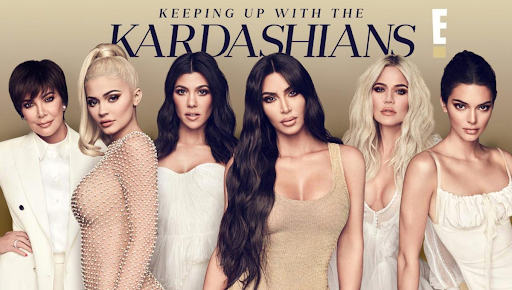
A staggering number of teens say they want to be social media influencers.
October 28, 2022
In 2019, Charli D’amelio was just an average teenage girl taking dancing lessons and posting dance videos. Today, she is the number one TikTok influencer with over 100 million followers. D’amelio has millions of loyal fans, many of them teenagers, who are invested in her every move.
Recently, she appeared on the show, Dancing with the Stars. Following her debut on the show, thousands of teenagers flooded social media platforms with their opinions on her dance performance.
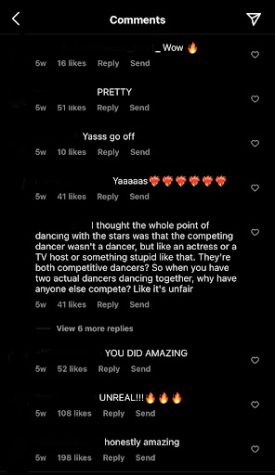
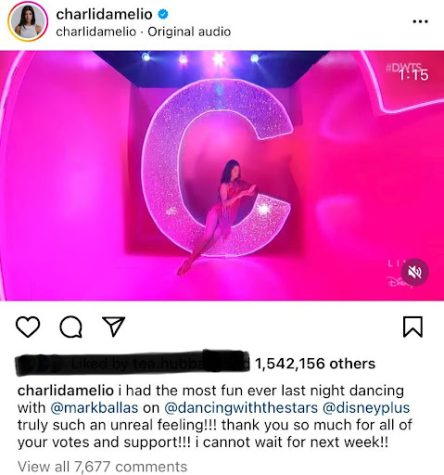
This near obsession shows just how invested and fascinated teenagers are with the lives of famous influencers–people they don’t know and most likely will never meet.
On the surface, this fascination may seem innocent, but further exploration raises serious concerns over the potential impact influencer culture has, especially on the lives of adolescents.
Just what is influencer culture?
In the past decade a new phenomenon has emerged–“influencer culture”–resulting from the fusion of reality TV, social media platforms/presence, and the deployment of powerful marketing strategies by opportunistic individuals who aim to create a large following that’s eager to consume their content.
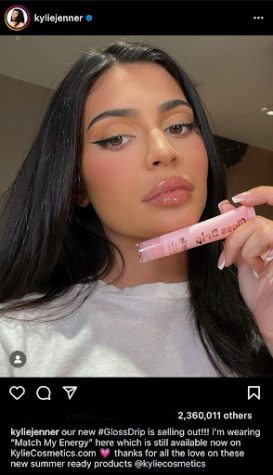
Influencer culture is characterized by individuals who seek to leverage their social media following in order to drive consumption from and influence the behavior/ viewpoints of their target population, usually adolescents.
Why are teens so susceptible to the cult of influence?
The teenage years are a time of turbulence, confusion, and experimentation where teens struggle to solidify a personal identity.
Renowned psychologist Erik Erikson developed an eight-stage theory of human development centered on an individual’s psychosocial development.
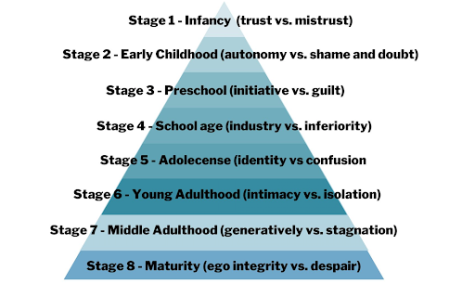
Stage five of his theory refers to the teenage years from 12-18, emphasizing identity vs. confusion.
Erikson says that this stage “plays an essential role in developing a sense of personal identity which will continue to influence behavior and development for the rest of a person’s life.”
Not only do teenagers suffer from identity confusion, but they also report high rates of boredom. A national study conducted by Yale researchers surveyed 21,678 high school students and concluded that 69.51% of respondents report boredom throughout the day.
These findings help to explain how teenagers’ confusion regarding their identity combined with their dissatisfaction and boredom in daily life could predispose them to seek an escape into a fantasy land.
This desire for a fantasy land allows influencers to come in and take advantage of that boredom and confusion experienced by teenagers.
One way influencers capitalize on teenagers’ confusion is by creating alluring, captivating images that serve to distract them from reality and their self-reported boredom, which further serves to interrupt the development of a strong sense of personal identity during this critical stage in their lives.

Influencers portray an extravagant, enviable, and carefree lifestyle relying heavily on visual props to craft an image that is oftentimes based more on fantasy than reality, though it is marketed as reality to millions of undiscerning teenagers.
Although teenagers are the most susceptible to the seductiveness of influencer culture, adults are targeted as well, and can be seen through Bravo’s popular franchise, Real Housewives, which is viewed predominantly by women aged 25-54 years old.
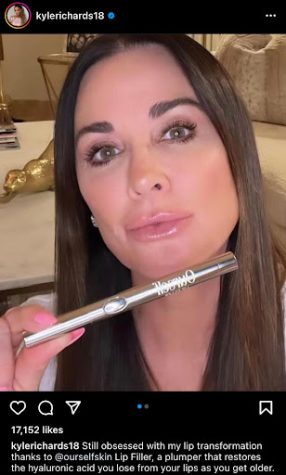
However, there is a major difference in the targeted consumer. Adults have heightened critical thinking skills and have already developed a sense of identity, whereas adolescents have not, leaving them unequipped to differentiate between fantasy and reality when it comes to the consumption of influencer content.
What are the effects of influencer culture?
Influencer culture can foster a sense of psychological dependency on external images.
The time teenagers spend consuming these images limits the time they could spend in areas and activities that traditionally have helped them to mature, as they develop a positive sense of self, including spending time with family and friends, sports, working, reading, academic pursuits, and more.
Instead, influencer culture creates an off-ramp that leads teenagers down a different road where they fantasize about living the “influencer lifestyle.” A recent study showed that a staggering 86% of young Americans aspire to become social media influencers.
The adverse psychological effects of influencer culture can further be seen through the self-reported increases in dissatisfaction with physical appearance among teenage girls.
78% of girls in America report being “unhappy with their bodies” by the time they are 17, and over a third of girls in the UK report being unhappy with the way they look–a 30% increase in the last 5 years.
Studies at Stanford University and the University of Massachusetts show how damaging women’s images in magazines can be to young women. Their findings reveal that 70% of college women report feeling worse about their appearance after looking through women’s magazines.
Females aged 16-24 spend the most time on social media, with an average of 3 hours and 13 minutes per day, during which time they are exposed to a myriad of influencer images, which have been photoshopped, filtered, and extensively altered, even more so than images found in magazines.
Young girls’ dissatisfaction with their appearance has been known to cause or contribute to eating disorders, anxiety, and depression, which can lead them to seek cosmetic procedures, as evidenced by the fact that cosmetic surgery rates have increased by 115% since 2000.
Why you should be wary of influencer culture
Influencer culture can be like a “social drug.” It has the promise of making you feel great, but in reality, it leads you on a never-ending quest, chasing something elusive that will always leave you in search of something more.
In the end, there is no winner in influencer culture, because even the influencer is just an image of their own creation who lives as a marketing machine.
Like most things consumed in limited quantities, influencer culture can be fun and some of its negative impacts can be minimized. However, its inauthentic and image-based nature can pose serious risks of contributing to mental health issues and even addictions for frequent consumers, and distracts from investing our time into personal development.







Gretchen Gerber • Oct 28, 2022 at 2:06 pm
What a well written article that clearly sets forth the reasons for and the results of influencer culture! The article makes a strong case for investing time in developing one’s own identity vs focusing on the invented identities of others.
Well done!